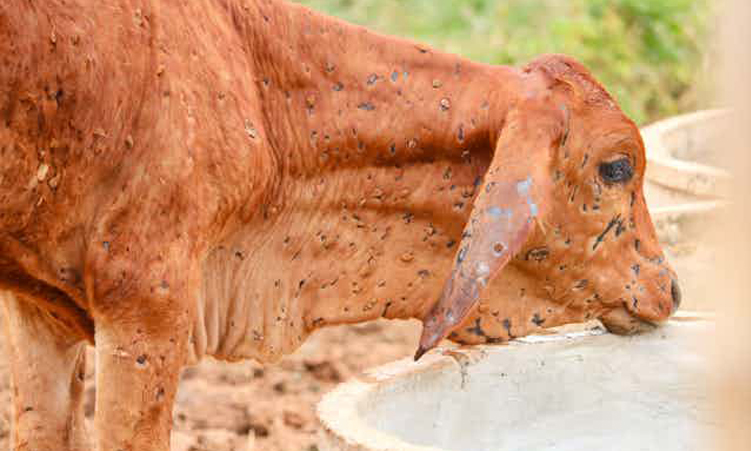ILLEGAL electricity connections are one of the major reasons for shack fires, and now the Swakopmund Municipality and Erongo RED are going to team up to address the danger.
Shack fires, in which several people have died so far this year, are becoming a headache to Swakopmund’s town managers. It has been suggested that most of these fires are started by electrical faults.A municipal committee is currently determining the extent of the problem – not only of illegal power connections and the hazard it poses, but also the wider issue of illegal shacks.At the last Swakopmund Council meeting on Thursday, it was recommended that Erongo RED’s co-operation be sought in the matter.The electricity distributor was requested to take the necessary action against people who have illegal power connections at their homes.In a letter directed to the Swakopmund Council, Erongo RED’s CEO, Gerhard Coeln, pointed out that the safety of electrical installations remains the responsibility of the owner of the property, and not Erongo RED’s or the municipality’s.Coeln said there were different types of illegal connections.”The one type is by breaking into our distribution kiosk, streetlight pole or substation and stealing electricity; illegally reconnecting power that has been cut off or supplying power from one property to another,” he said.”The second type is the situation where a person has a house on a property and allows shack dwellers on that property to plug extension cords into the power sockets of the house for electricity.This in itself is not unsafe, as the circuit is protected by a circuit breaker in the main house.”Coeln said it was also not illegal to plug an extension cord into a power socket in an adjacent house.The danger lies in the improper use of this electricity.”You can burn down your house if you put a heater near combustible material, leave the room and watch TV or go to town,” he said.He said shacks and illegal dwellings were a problem that could be addressed by the municipality, with the assistance of the electricity distributor.It has been suggested that most of these fires are started by electrical faults.A municipal committee is currently determining the extent of the problem – not only of illegal power connections and the hazard it poses, but also the wider issue of illegal shacks.At the last Swakopmund Council meeting on Thursday, it was recommended that Erongo RED’s co-operation be sought in the matter.The electricity distributor was requested to take the necessary action against people who have illegal power connections at their homes.In a letter directed to the Swakopmund Council, Erongo RED’s CEO, Gerhard Coeln, pointed out that the safety of electrical installations remains the responsibility of the owner of the property, and not Erongo RED’s or the municipality’s.Coeln said there were different types of illegal connections.”The one type is by breaking into our distribution kiosk, streetlight pole or substation and stealing electricity; illegally reconnecting power that has been cut off or supplying power from one property to another,” he said.”The second type is the situation where a person has a house on a property and allows shack dwellers on that property to plug extension cords into the power sockets of the house for electricity.This in itself is not unsafe, as the circuit is protected by a circuit breaker in the main house.”Coeln said it was also not illegal to plug an extension cord into a power socket in an adjacent house.The danger lies in the improper use of this electricity.”You can burn down your house if you put a heater near combustible material, leave the room and watch TV or go to town,” he said.He said shacks and illegal dwellings were a problem that could be addressed by the municipality, with the assistance of the electricity distributor.
Stay informed with The Namibian – your source for credible journalism. Get in-depth reporting and opinions for
only N$85 a month. Invest in journalism, invest in democracy –
Subscribe Now!










